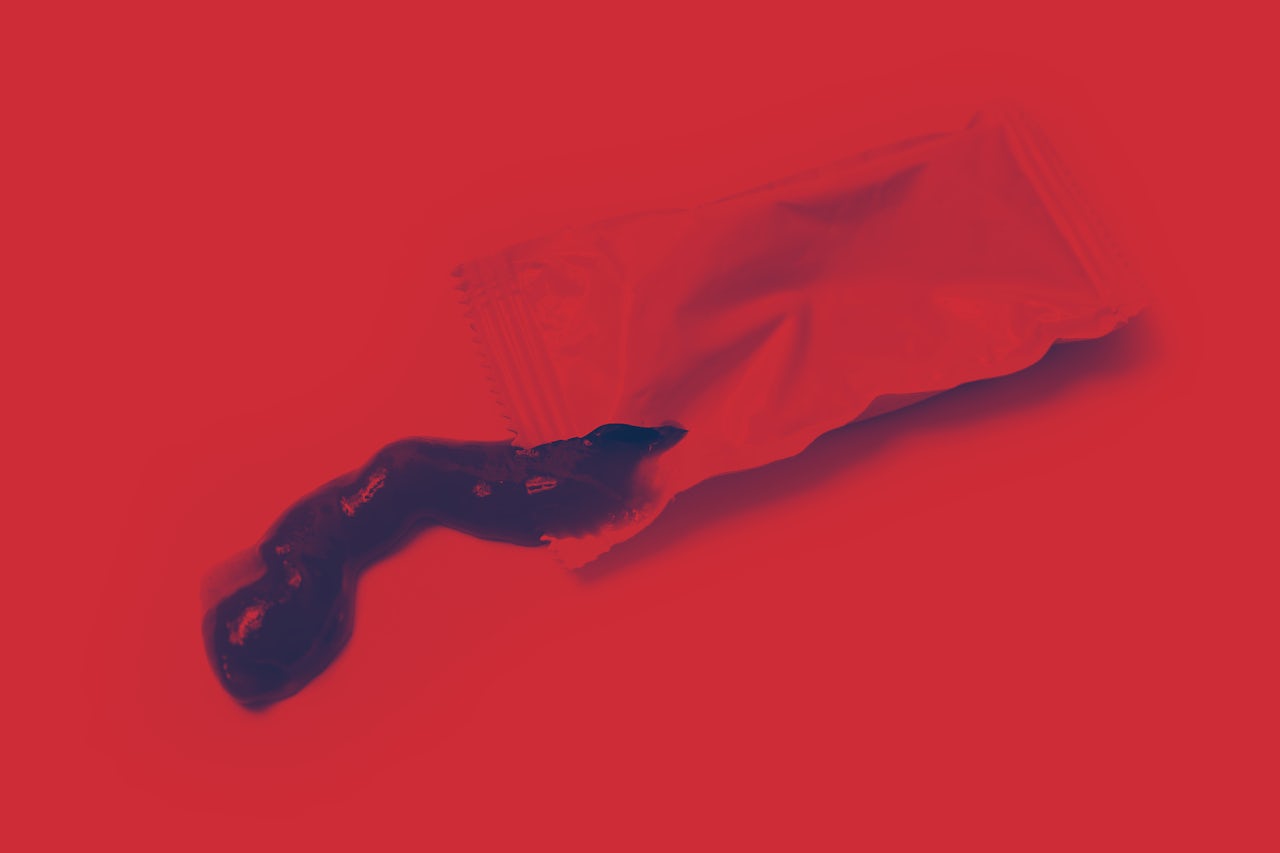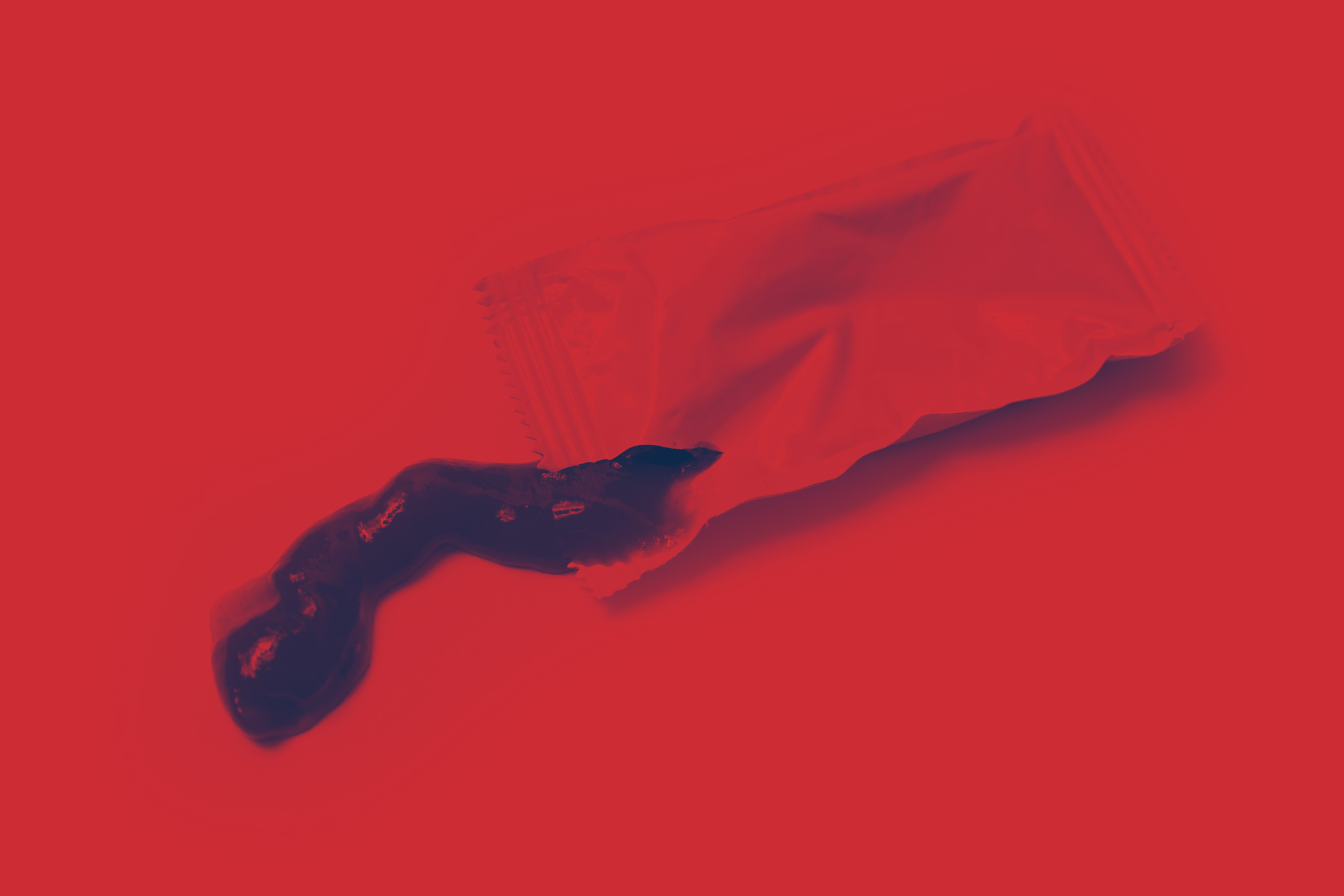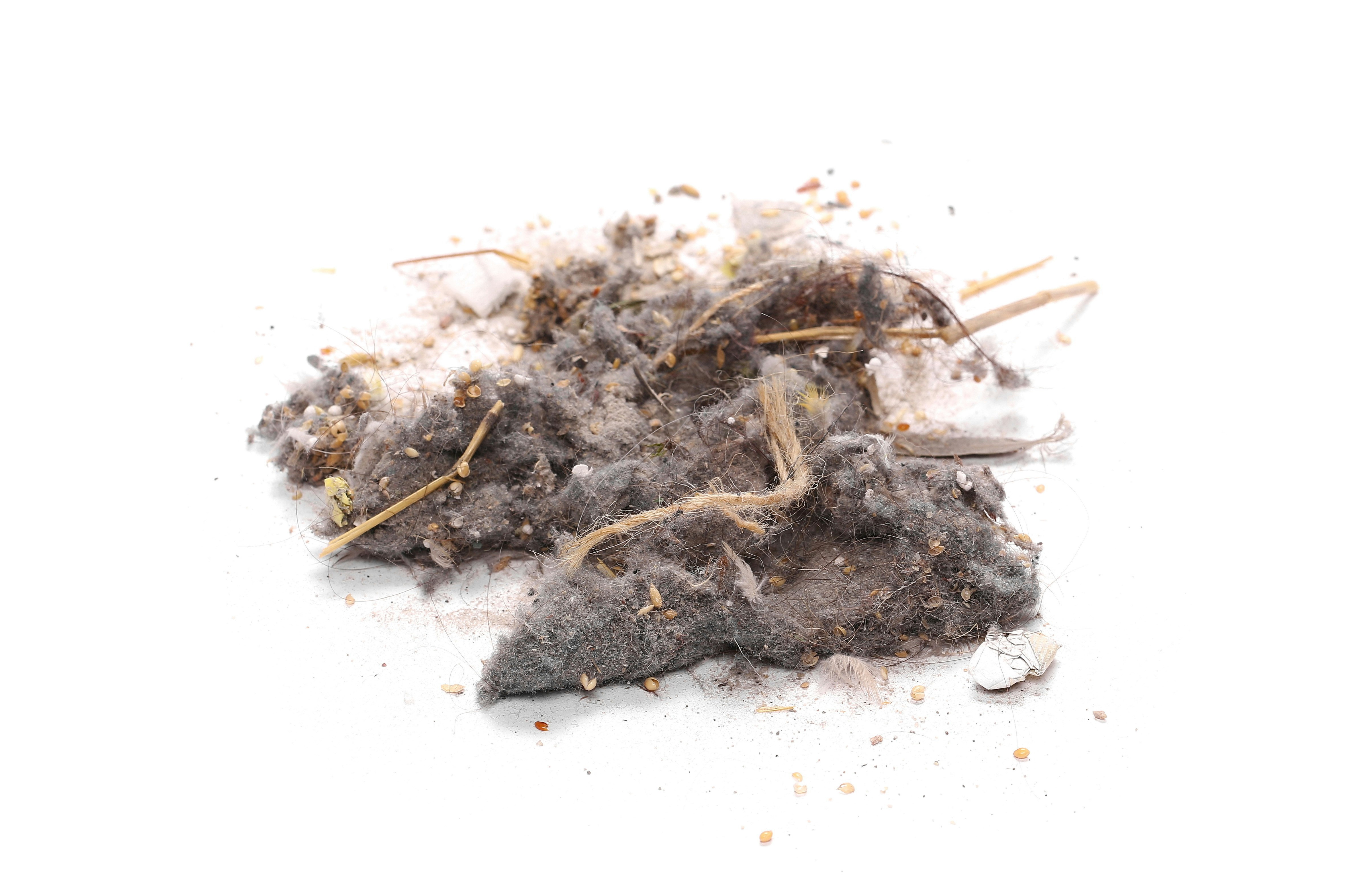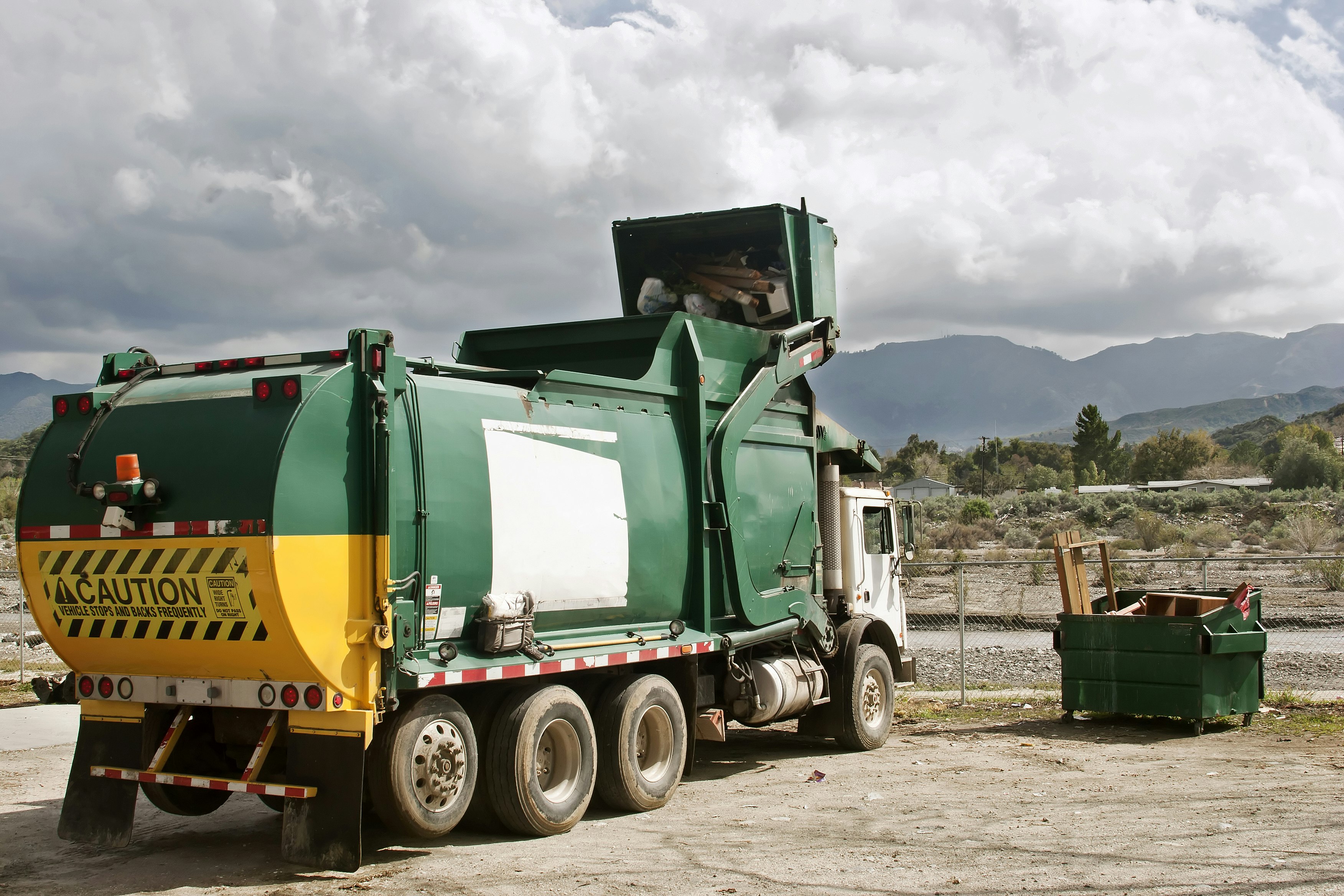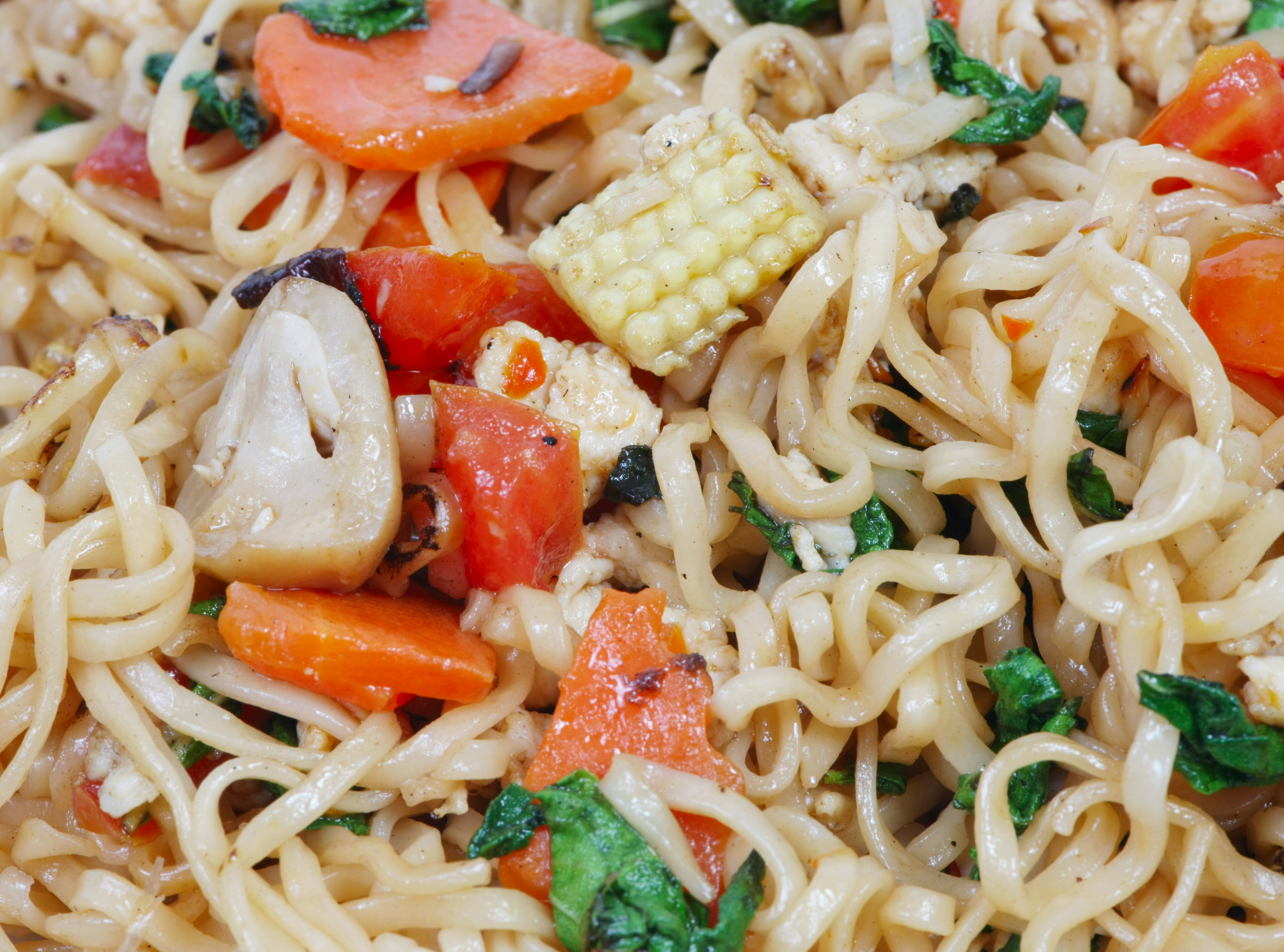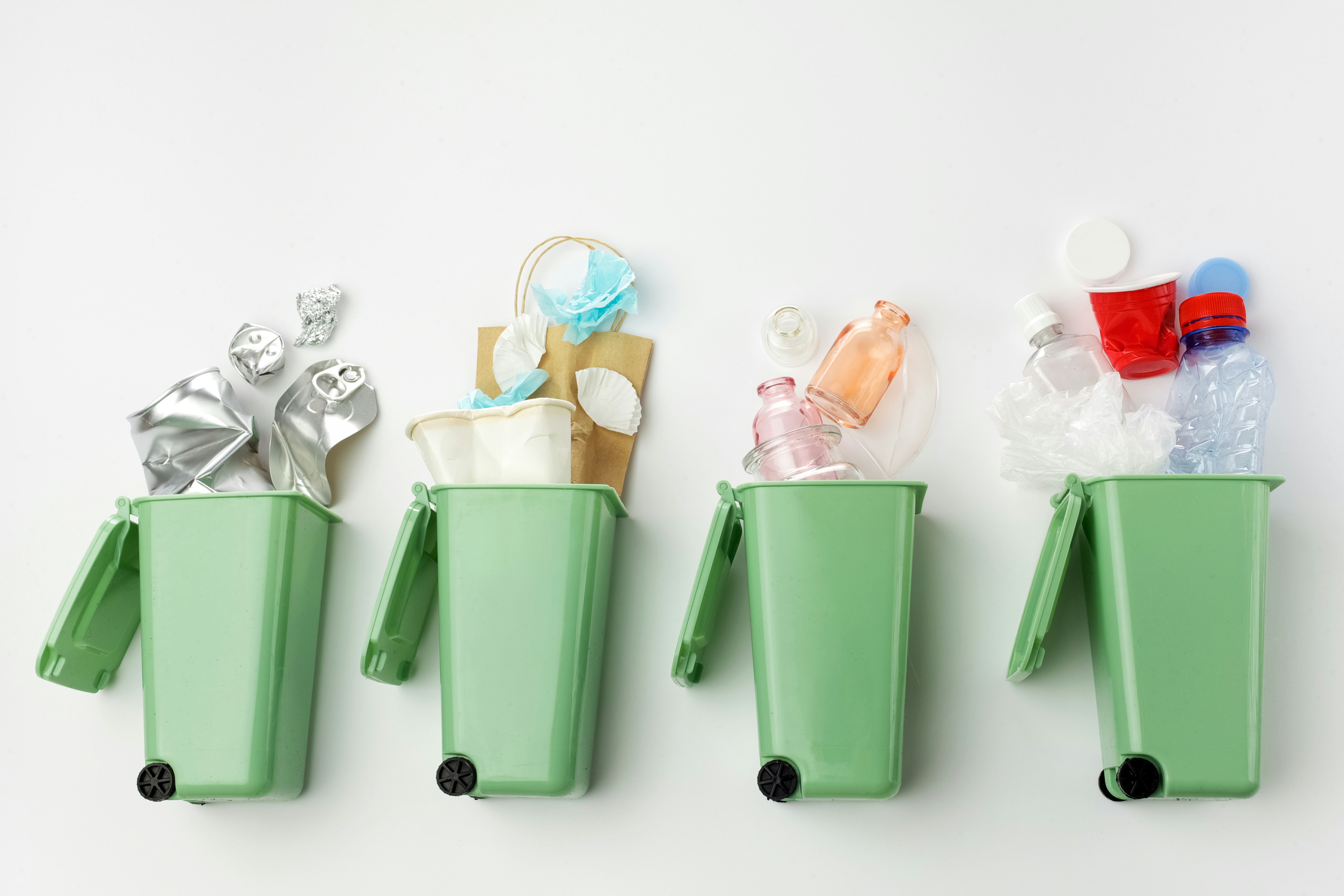The appeal of food delivery is in its convenience, but a byproduct of that convenience is waste. Plastic cutlery, straws, napkins — these accompaniments are assumed to be necessary for eating a delivered meal. But when you don’t end up using these items, they pile up, leaving you with a collection of utensils and single-serving condiments that’s one motivated chore day from being actual trash.
One member of this collection is more bothersome than the rest, however: the ketchup packet. At the moment, I have three ketchup packets nestled in a bowl, containing pens and other items on my kitchen table. Will I ever use them? No, because they’re aggravating and useless. The alleged purpose of a ketchup packet is to complement fries or whatever else you ordered that might be close enough to a food that goes well with ketchup. I am brave enough to say it: the ketchup packet is gross. You tear open five to 10 of them, create a glistening pool of red on a wrapper or napkin, and you get at most five swipes before you’re rubbing your french fry against paper and the paper tears and then there’s ketchup on your table, or laptop, or whatever you eat off of. You see: gross.
While the underlying sentiment — that every human on Earth deserves easy and affordable access to ketchup — is appreciated, I can’t think of a scenario in which I ordered food, wanted ketchup, and couldn’t easily squeeze it from a regular bottle. (There is one scenario, in which I’m ordering food to the Nobel Prize Award Ceremony where I’m to be recognized for the peace this article brings to society, and for some reason the catering has fallen through and I must sneak in a quick lunch, and the on-site facilities are so meager I actually do need these ketchup packets to lubricate the $18 burger I’m charging to the per diem. But let’s say this is unlikely.) The condiment is ubiquitous. Practically everyone has it in their fridge, and even if it’s six months past the expiration date, it’s still good. Trust me.
In addition to being annoying, ketchup packets are unsustainable — are all those materials worth 0.32 ounces of fry dip? In 2010, Heinz said it manufactured 11 billion ketchup packets per year. The page on the U.S. site had at some point been deleted — what is Heinz trying to hide? — but the stat was still available on Heinz’s Hong Kong site. “That’s two packets for every person on earth,” the site claimed. But that was a decade ago, so I emailed a spokesperson for Heinz in an effort to find precise and more recent numbers. If I receive a response, I’ll include it.
Thinking about the sheer amount of laminated plastic-foil detritus floating in the ocean brings me to a level of restless despair only matched by Ethan Hawke’s hyper-anxious priest in First Reformed.
According to a 2018 Business Insider article, the company’s ketchup-packet division (I assume this exists) is phasing out the classic packets with the aim of having its littlest ketchup vessels made completely of recyclable or reusable material by 2025. The company introduced the replacement in 2011: a “dip and squeeze” container that held more ketchup and could be more easily recycled. This is a step in the right direction, but the old model persists because there’s just so many of them.
The primary issue remains: Because it’s already difficult for one person to get rid of their ketchup packets, it feels impossible that the world could get rid of billions of these nuisances, even within seven years. Where are they? They have to go somewhere, and thinking about the sheer amount of laminated plastic-foil detritus floating in the ocean brings me to a level of restless despair only matched by Ethan Hawke’s hyper-anxious priest in First Reformed. Truly, will God forgive us for our ketchup sins?
Here’s my proposal: A ketchup packet buyback program. Clean out those fridges, kitchen drawers, and work desks, then turn in the results at designated kiosks outside of eateries for a little bit of scratch. Let’s say a quarter per packet, as the ketchup companies can afford to take a short-term loss for their shameless excess. Maybe make it a yearly thing like those days where everyone turns in their dead batteries and light bulbs.
Big Ketchup created this mess, and this would serve as an exercise in accountability. Get those corporations to take their dumb little packets back, so they may figure out what to do with them, or else keep them in little useless piles in their own damn offices. If we solve this one tiny bugbear, it’ll make our world a little cleaner, but more importantly, it’ll give us one less chore to ever think about again.
Are you upset about something and want to be paid to write about it? Email leah@theoutline.com.
